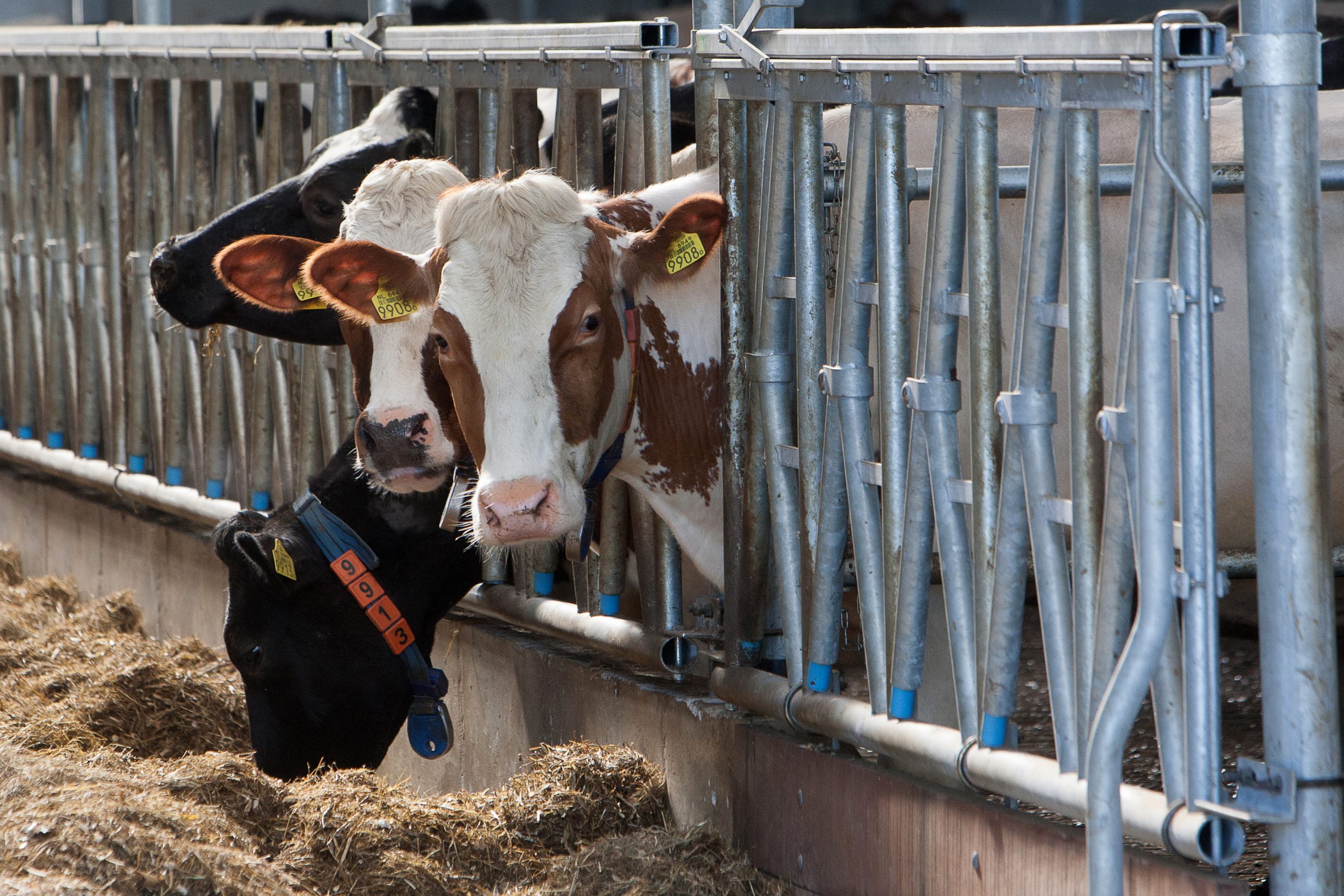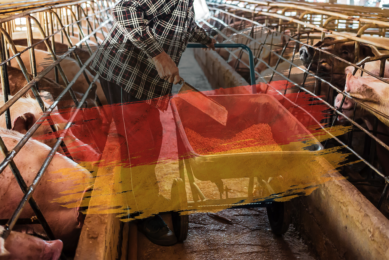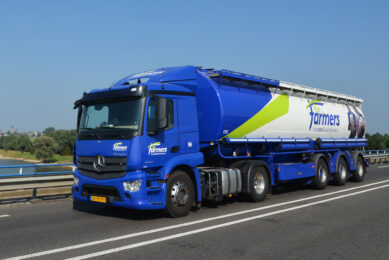Steady growth in Turkish feed sector

Over the last 20 years, compound feed production in Turkey has increased by an average of 8% per year. It is expected that growth will continue in the coming years.
The compound feed industry in Turkey has seen a steady rise over the last years. Turkey is currently in position 12 in the list of global compound feed production. In the EU, the country is ranked 4th, with 20.4 million tons in 2016 (Table 1). If this growth rate continues, Turkey could potentially be in the top 10 of global producers and in the top 3 of EU producers in the coming 5 to 6 years.
Cattle feed increasing
According to the Turkish Ministry of Food, Agriculture and Livestock (MFAL), Turkey has 505 compound feed plants for food producing animals (2016). There are some other feed business operators mixing feed for the requirements of their own holdings. About half of the total feed plants’ production capacity between 1-10 tons/hour and 10% of the total number has the capacity of over 30 tons per hour. The percentage of feed production by species are respectively 56.4% for cattle and small ruminant feeds, 40.7% for the different poultry feeds and 2.9% for the other species including fish feeds in 2016 (Table 2).
The evolution of feed production over the years is shown in Table 3. The latest data from 2017 is shown in Table 4. Data from the European Feed Manufactures Organisation (FEFAC) shows that feed production for beef cattle as well as feed for dairy cattle has been growing organically over the past years. This might be the indirect result of Turkey pushing the dairy sector and the fact that more Turkish people have started to consume more dairy products. In addition to this, the Turkish Agricultural Bank, in 2010, offered long-term loans with zero interest rates for dairy and beef cattle breeders in order to support that sector. With that incentive, a number of large scale farms have emerged, as well as the number of dairy processing businesses, especially in the Izmir region.
Feed ingredients and livestock numbers
Domestic feed ingredient production has been increasing year by year, fuelled by government subsidies. But the Turkish feed industry is still dependent on imports of some staple ingredients such as soybean meal, corn and DDGS. The domestic corn production in the country reached 6.4 million tons in 2016. Because soybean production is very low (about 160,000 tons), almost all the needed soybeans is imported. The volume of imported soybean and soybean meal was 2.8 million tons in 2016. At the same time, the number of livestock heads is increasing along with the increasing consumption of animal protein in Turkey. The number of cattle is currently 14,222,228. There are 41,329,232 small ruminants in the country (data from 2016). The white meat industry is well developed and has a high production standard in Turkey. The annual white meat production reached 2 million tons (2016).
EU standards
As a candidate country for EU membership, Turkey started accession negotiation with the EU in 2010 on the chapter 12: Food Safety, Veterinary and Phytosanitary policy. Since then, Turkey has moved its feed and food safety legislation in accordance with EU legislation. This means that the Turkish feed sector is now working according to the EU feed and food standards. At the same time, Turkey is a big market for investors. The production data show that feed production has been steadily growing over the last years and it is expected to continue to do so in the coming years.
Author: Dr Gökalp Aydin, Secretary General, Association Of Feed Additive Producers, Importers And Distributors, Turkey












